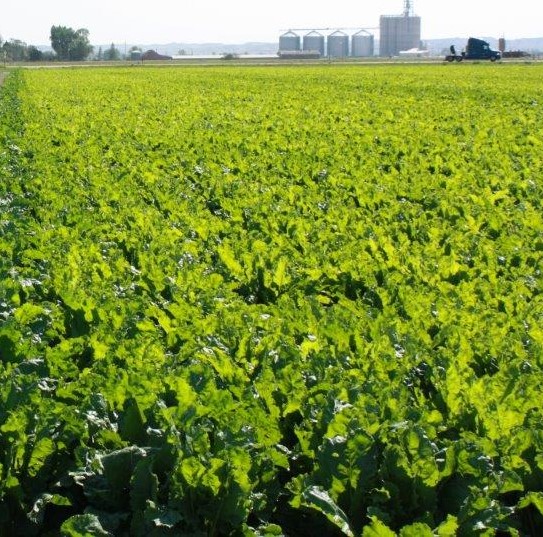Sugarbeet Harvest Prepile: What to Expect

The sugarbeet harvests in Minnesota and North Dakota are gearing up to begin around August 15th, weather permitting. This year, the crop saw an earlier planting compared to the previous year, averaging several weeks ahead. Furthermore, the majority of the crop acres are showcasing good to excellent plant populations. Given the timely rainfall, these positive factors hint at promising crop yields for 2023. Processing beets in the late summer months, namely August and September, tends to reduce the risk of spoilage and serious quality losses compared to processing in the late spring.
Strategizing for Maximum Harvest Profitability
Field selection is paramount for peak profitability during prepile. While crop insurance implications are pivotal in decision-making, I won't delve into it here. This decision remains best in the hands of growers, insurance agents, and cooperative representatives.
Cooperatives typically aim to maintain a 3–4-day beet supply ready for processing. Challenges arise with high harvest temperatures, making beet storage beyond 48 hours problematic, or wet conditions halting the harvest and dwindling beet supply. However, cooperative agricultural teams, backed by their extensive experience, are equipped to mitigate these weather-related challenges. An astute field selection during the prepile phase can optimize both tonnage and quality premiums.
Key Considerations for Field Selection:
- Yield Potential: Opt for fields with lower yield potential first. Growth prospects during the prepile phase will be comparatively lower than higher-yielding fields due to factors like hail damage, limited rainfall, poor plant populations, or disease outbreaks.
- Soil Content: Fields with high clay content are preferable. Harvesting them earlier can mitigate potential harvest challenges caused by future heavy rainfall and concerns over high tares.
- Sugar Content: Fields richer in sugar content should be prioritized. This can boost quality premiums. [Note: Drone or satellite imagery can be instrumental in these decisions.]
- Transport Concerns: Prioritize fields requiring longer hauls to piling sites or those associated with high freight rates. Reducing tonnage can significantly cut down on freight expenses.
- Canopy Color: Dark green canopies often indicate higher tonnage during prepile and might be eligible for quality premiums.

While it's usually advisable to harvest headlands and strike-outs on all fields before stockpile harvest, this might not always be the most profitable strategy. Instead, considering the factors listed above and harvesting entire fields can notably enhance profitability.
Remember Safety This Harvest Season
As always, farm safety is paramount and especially critical at harvest. See my blog Safety First for helpful reminders for preventing accidents this fall.




